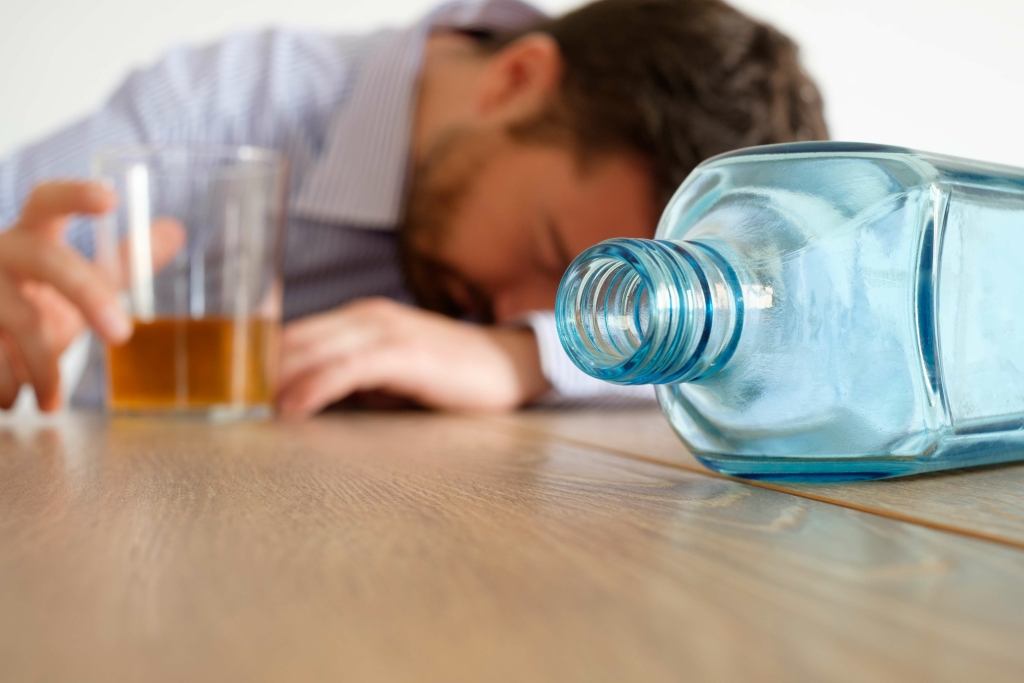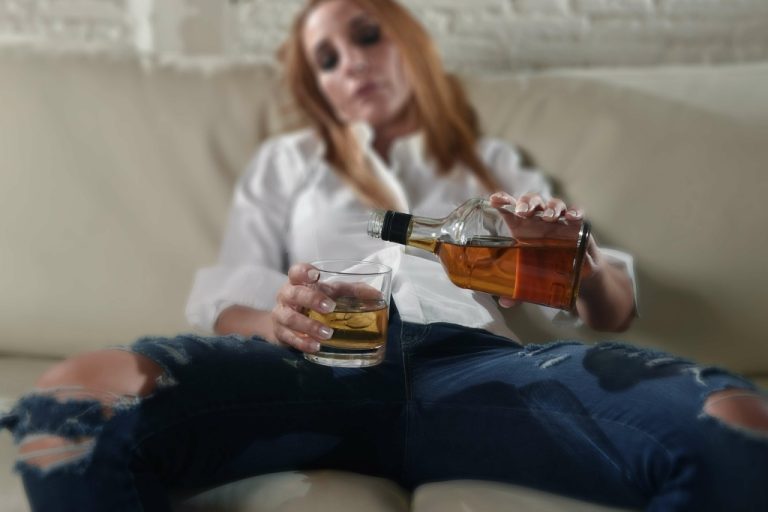Sober living
A Study on the Factors Affecting Anger in Patients With Post-traumatic Stress Disorder
The condition often co-occurs with other mental health issues like depression and anxiety disorders. Exposure to an uncontrollable negative event elicits the familiar “fight-or-flight” response. In turn, CRH stimulates the release of proopiomelanocortin (POMC), a hormone that is divided into several components. These components include adrenocorticotropic hormone (ACTH), which increases arousal and produces the fight-or-flight response, and beta-endorphin, which has a numbing effect and thereby reduces both emotional and physical pain.

Treatment from Mental Health Professionals

Self-soothing skills can be helpful when you find yourself getting angry. They’re easy to learn and use because they’re designed to make you feel better, and you do them on your own. Eventually, something may click and you’ll find a few techniques that work for your life. Treatments for PTSD include medication, psychotherapy, or a combination what is alcoholism of the two. Unfortunately, research has found a connection between PTSD and relationship violence. Research has found that having both depression and PTSD increases the likelihood of relationship aggression.
Early studies suggest psilocybin can help people with PTSD. But the VA doesn’t allow it. Will veterans be left behind?
- Peer support groups connect individuals with others who understand PTSD-related anger.
- If left untreated, chronic anger can lead to adverse physical problems with the survivor’s immune system and take a huge toll on the person’s mental health.
- Mindfulness meditation can help individuals become more aware of their thoughts and emotions, reducing reactivity to anger triggers.
- According to the Centers for Disease Control (CDC), one in seven people in the US aged 12 or older report experiencing a substance use disorder.
Research shows that people with PTSD are around four times more likely to be affected by alcohol use disorders than the general population. Using drugs or alcohol can also impair people’s judgment, which can put them at risk for traumatic events like accidents or serious injuries. Treatment for anger and irritability in PTSD focuses on helping people improve their sense of control over their emotions.
Co-Occurring Alcohol Use Disorder and Post-Traumatic Stress Disorder
Balancing trauma work with addiction recovery requires skill and careful consideration. We understand the delicate nature of this balance and https://semi188.com/the-jellinek-curve-the-5-stages-of-alcoholism-and/ tailor our approach to each individual’s needs and readiness. Yelling is one of the common triggers for people with PTSD, as it can mimic the threatening situation that caused trauma in the first place. Rather than yelling at someone with PTSD—or anyone else—it’s a good idea to learn healthy, empathetic communication strategies. If you have PTSD, you may notice that certain thoughts, situations, sights, sounds, or smells aggravate your symptoms.

Coping Strategies for Partners
- Each of the authors report having no financial relationships with commercial interests.
- I made a decision at 18, and that decision landed me smack dab in the middle of a war.”
- Build Emotional ResilienceEngaging in activities that foster self-expression, like journaling, art, or sports, can help children develop emotional resilience.
- Encouraging treatment with empathy and patience is key, but partners should not take on full responsibility for their loved one’s recovery and should try to heal their PTSD from an alcoholic spouse.
Living with the PTSD from an alcoholic spouse or living with the alcoholic spouse often results in physical stress for family members. For spouses, the demands of compensating for the alcoholic’s neglect—whether managing household responsibilities, dealing with their erratic behavior, or cleaning up after them—can lead to exhaustion. Sleepless nights, constant caregiving, and the stress of maintaining a semblance of normalcy can wear down physical health, contributing to issues like headaches, high blood pressure, and drunk aggression weakened immunity. The erratic behavior of an alcoholic parent fosters anxiety and insecurity. Children may feel neglected or abandoned, as the parent’s focus shifts toward their addiction.
- Therapy, especially trauma-focused therapy, medications, support, and coping mechanisms can help you regain control over your life.
- Study analyses were reran excluding 13 participants who did not endorse any past 30-day alcohol use.
- This intergenerational cycle of addiction often stems from unresolved trauma, making early intervention and therapy critical to breaking the pattern.
- While one does not want to remain angry for life, it is understandable that a survivor who has experienced and lived through childhood trauma feels angry.
By the end of treatment, the veteran acknowledged that his symptoms of PTSD and alcohol use disorder would never disappear, but he felt an increased mastery over his cravings for alcohol and reactions to PTSD triggers. He valued his strong connections with other veterans, maintained involvement in treatments offered by the VA, and he developed stronger bonds with friends and loved ones. The most clinically urgent aspects of PTSD are “self-destructive thoughts and behaviors,” including anger, aggression, and self-harm 2.
